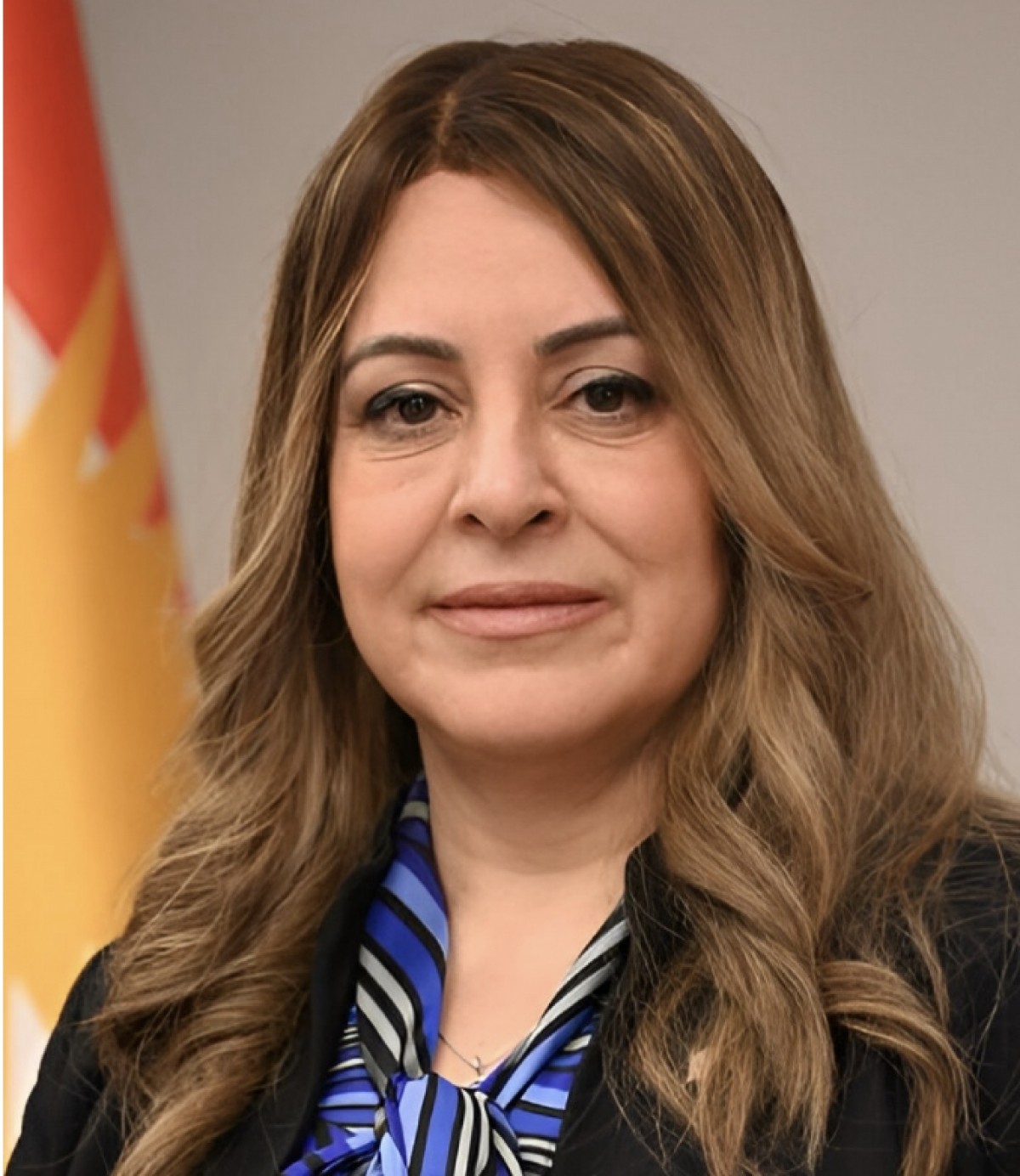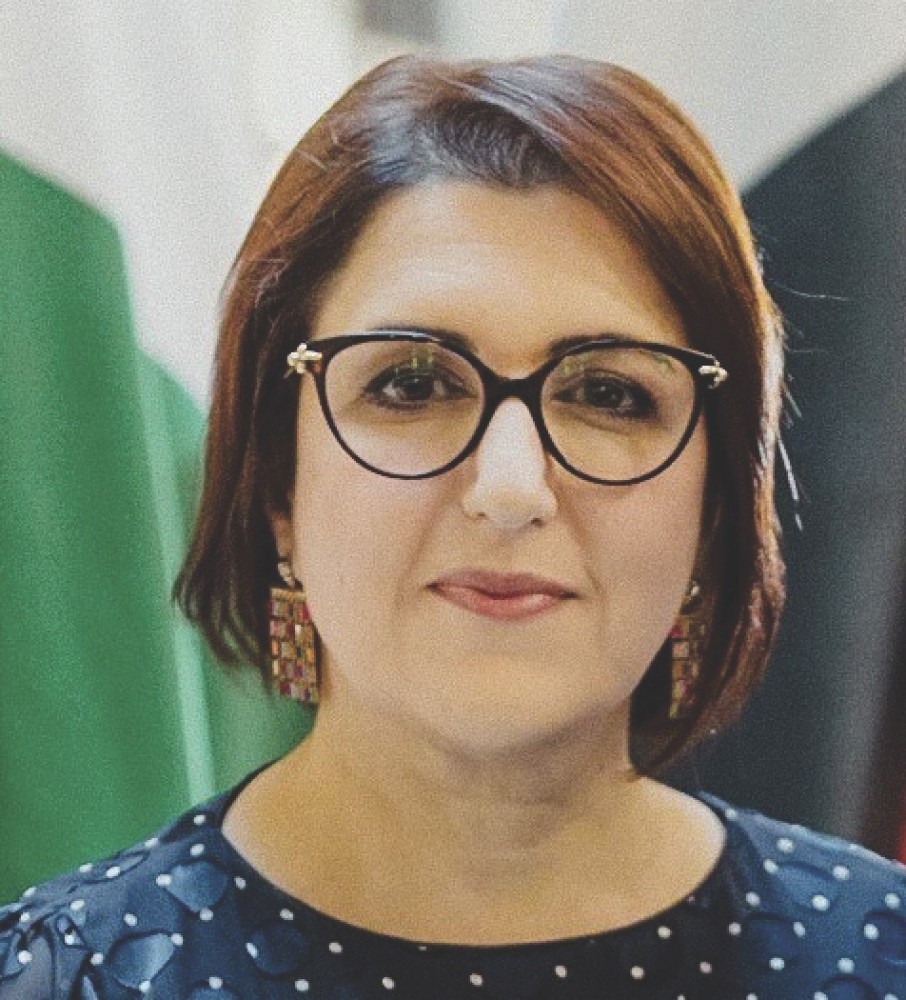I was first introduced to Kurdistan unexpectedly one evening while watching a documentary about the region’s remarkable recovery from the devastation wrought by ISIS. I was particularly struck by the pivotal role of women – not merely as participants, but as frontline defenders in the Kurdish armed forces.
This revelation drove me to delve deeper into the region’s rich history, tracing its roots to ancient Mesopotamia – often regarded as the cradle of civilization. Mesopotamia’s legacy as a birthplace of complex societies that were marked by urbanization, governance, and cultural innovation resonated with my appreciation for diversity and historical depth.
My first visit to Kurdistan occurred in September 2017, which began with a road trip from Erbil to Sulaymaniyah. The journey was long, but breathtaking, with landscapes that felt strangely familiar, as though I were returning home rather than exploring uncharted territory.
One humorous incident remains etched in my memory: our driver, pausing for a cigarette break, offered one to my husband, Devendra Kumar, who declined. When he extended the offer to me, I accepted out of politeness – and being an occasional smoker – prompting his amused remark that such a sight was novel to him. This small moment encapsulated the region’s blend of tradition and openness.
Welcoming universities
My professional journey in Kurdistan began at Komar University of Science and Technology (KUST), an institution that embodied internationalism in its truest form. The multicultural faculty and staff operated in an environment of equality, with Kurdish colleagues consistently switching to English in meetings to ensure inclusivity.
The university’s success owes much to its visionary leadership, particularly its founding and current presidents, and the tireless efforts of Sazan Ahmed, an administrative consultant whose policies fostered a culture of autonomy, accountability, and respect. As a former employee, I can attest that KUST’s organizational design makes every individual feel valued.
In 2024, I returned to Kurdistan to join the British International University in Erbil (BIU), a unique institution with immense promise. Partnered with the University of London as its awarding body in the UK, BIU prioritizes academic rigor and holistic student development. Our Co-founder Kodo Aziz and his colleague’s commitment to excellence is evident in their policies. BIU also has a diverse group of faculty and staff, with many of the faculty having teaching and administration experience from institutions across Asia, the Middle East, and Africa.
Vibrant students
The student community at BIU demonstrates remarkable intellectual curiosity. At BIU, we value our administrative departments, such as the Research Center, Exam Board, and Quality Assurance, for their outcome-oriented approach. Despite being only two years old, our university has made significant progress in developing and documenting academic administrative policies.
Most BIU students have a good background as they come from the international school system. They are dynamic, energetic thinkers with a passion for learning. For instance, during a recent seminar, a former Kurdish student of mine now working at Lafarge shared her inspiring journey, after which we had a lively discussion, with students asking her some very interesting follow-up questions. Meanwhile, initiatives like the Earth Day tree-planting campaign further highlight the university’s dedication to fostering engaged, socially responsible scholars.
Gratitude
Beyond academia, Kurdistan gifted my husband and me with profound friendships. My colleagues are not only skilled professionals, but also candid companions with whom I can debate openly, confident that logic and fairness would prevail over ego. The region’s warmth and intellectual receptiveness allowed me to express my ideas freely – a privilege I cherish.
I am deeply indebted to countless mentors and friends who have enriched my journey, and whose wisdom and camaraderie shaped my experience in Kurdistan.
Kurdistan’s true wealth lies in its people, their resilience, hospitality, intellectual vibrancy, and accommodating nature. Whether traversing its scenic roads, collaborating in universities, or sharing laughter and debates with friends, I found a second home here. It is also worth noting that we are big fans of Kurdish cuisine; my husband and I have developed a deep appreciation for dolma and felafel.
Mamta Singh has been an academician for the last 15 years. She has taught in India, Africa, Kurdistan and Kazakhstan at Masters and Undergraduate level. Currently She is working with British International University.

